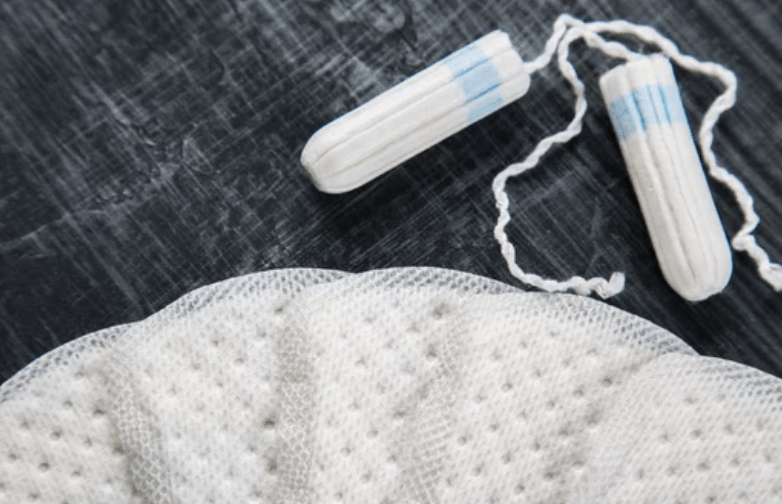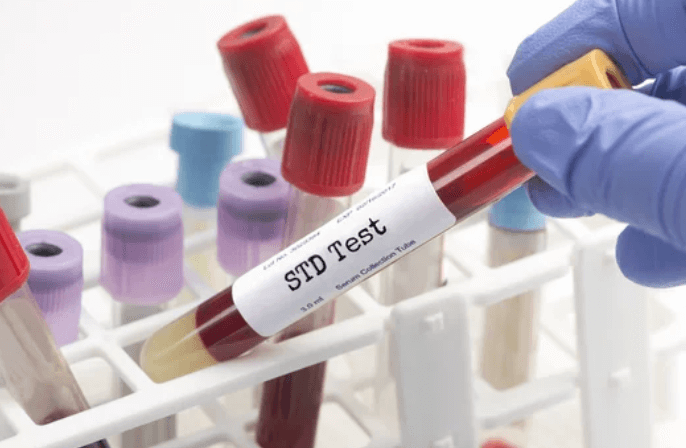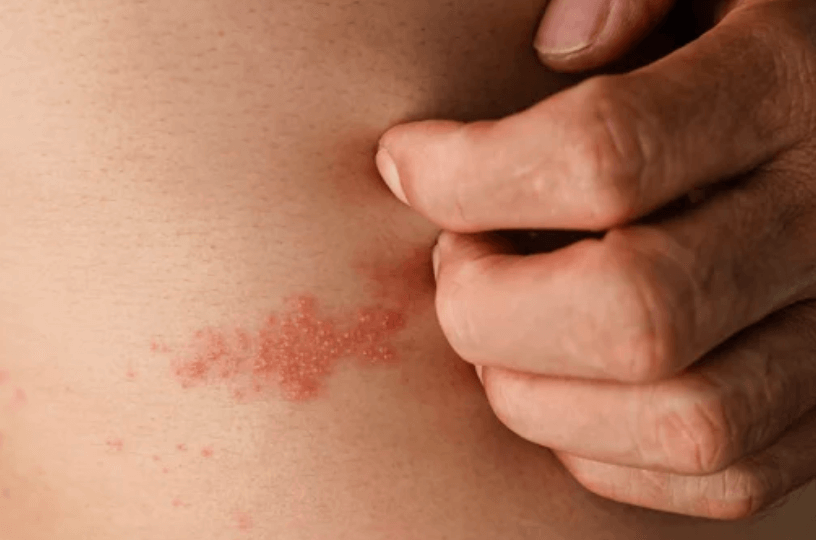When it comes to vaginal health– what are the do’s and don’ts?
Good reproductive health is vital to well-being and sexual enjoyment, and increasing and maintaining optimal vaginal health is an essential part of a female’s sex life. Unfortunately, some women aren’t aware of the best ways to keep their vagina healthy and happy, and this can have a negative impact on their safety and sexual satisfaction. Let’s review the basic 10 do’s and don’ts of vaginal health:
Vaginal Health: 10 Do’s and Don’ts
1. Douching
Do: Keep your genital region very clean by washing the exterior areas of the vagina and anus every day, being sure to spread the labia while washing and gently remove the built up smegma which naturally accumulates around the clitoris.
Don’t: Douching robs the vagina of its natural flora, which holds the good bacteria that keeps the vagina functional and fresh. The vagina is like a self cleaning oven and does not need to be flushed with chemicals in order to be clean. The menstrual cycle does this flush naturally, once a month.
2. Toxic Shock Syndrome (TSS)

Do: Be sure to only use the absorbency level of tampons that is right for your amount of flow and be sure to change the tampon every 8 hours or more.
Don’t: Leave tampons and other objects shouldn’t be worn inside the vagina for longer than 8 hours. This can cause bacteria to surround the item and cause Toxic Shock Syndrome, which is a serious and sometimes life threatening problem.
3. Protecting Against Porous Objects
Do: Use condoms for masturbation with jelly sex toys, when sharing sex toys and when masturbating with unconventional objects. Wash toys using sex toy cleaner or antibacterial soap to help keep mold, virus and bacteria levels down.
Don’t: Put away your toys wet and/or unwashed, use a porous toy for both anal and vaginal penetration or share a toy without using a condom, like the Crown Skinless Skin on it.
4. Fungus

Do: Get a litmus paper test to make sure you have a yeast infection if you have discharge and itchiness. Be extra careful during sex if you have a yeast infection, because yeast can be transmitted from female to male and back again.
Don’t: Jump to the conclusion that you have a yeast infection, just because something is different down there, especially if you have never had one before. A doctor can test for this and other conditions– like chlamydia. You should get tested prior to using an over-the-counter medication, in case it is not a fungal issue. If you use anti-yeast meds and you don’t need to, this can lead to more serious problems, like an imbalance in your vaginal flora.
5. Allergies
Do: Know your body well enough to anticipate an allergic reaction to latex, glycerin, menthol, capsaicin or spermicidal ingredients. You may be allergic to one of these common lube ingredients, to all of them, or to none of them. But, it’s best to know beforehand.
Don’t: Use a novelty lube or condom material you’ve never tried before, for the first time during sex with a partner. It could cause an adverse reaction such as burning, stinging, itching, redness, a rash or numbness, any of which would ruin the moment and cause discomfort. Test each lube on the inside of your wrist before putting it down below to see if you have a reaction.
6. STDs Testing and Asymptomatic Problems

Do: Get tested regularly for abnormal cells and STDs, even if you use protection and you are monogamous.
Don’t: Assume nothing is wrong. Assuming you are healthy without getting a test can result in PID, since a lot of STDs and other transmittable medical conditions are asymptomatic (meaning you experience no physical changes or side effects, yet you are carrying the STD and are able to pass it along to others).
7. Using Random Liquids As Lube
Do: Use condom-safe lubes with condoms and toy-safe lubes with toys. This means no oil with latex or polyisoprene condoms and no silicone-based lubes with silicone toys. Experiment with different lubes to find the one(s) that you like the best. You may like a water-based lube like Sliquid H2O for masturbation with toys and a silicone-based lube like Pjur Original Bodyglide for protected sex.
Don’t: Liquid soaps, shampoos and other bathroom products can dehydrate and irritate the vagina and throw off it’s pH balance from its happy number of 4.5. These cleansers are not meant to be inserted into the vagina and can contain ingredients that will cause more harm than good.
8. Wait, There is Such a Thing As Too Wet?

Do: Remove wet under clothing right after swimming, working out or getting caught in the rain. Wear moisture wicking panties, like cotton ones, or go commando, to promote a drier atmosphere. Thick tights and synthetic fabrics can lead to a “suffocated” crotch, and is even thought to be one of the causes of bacterial vaginosis. When in doubt– air it out!
Don’t: Hang around for hours in your wet bikini or yoga pants. This can encourage the growth of fungus and bacteria and will cause you to become itchy and smelling less than fresh.
9. UTIs
Do: Urinate directly before and after having vaginal and/or anal sex. Wipe from front to back after having sex or using the toilet and take care not to get any fecal particulates into the urethra. Men should be sure to wear a condom during anal sex so that fecal matter doesn’t enter into the urethra/bladder and cause an infection.
Visit a doctor for antibiotics if you have the urge to urinate frequently or you have burning during urination. If you have to go on antibiotics for a UTI and you rely on hormonal birth control pills, be sure to use a condom with your partner, as antibiotics disrupt the effectiveness of birth control pills.
Don’t: Forget to drink enough water to flush out toxins from your system. Go from anal to vaginal sex or masturbation without switching condoms or have manual anal sex (fingering) and then switch to vaginal fingering. Double dipping is bad, mmmkay? Don’t use sex toys with phthalates either, as these can be responsible for causing UTIs or other more serious problems.
10. Skin Conditions

Do: Read up on all the seemingly scary skin conditions that arise in the genital region– which are not STDs. This article called ‘“What is THAT?”- Finding False Flags after Fornicating” has pics and descriptions of a lot of these. Another condition to explore is “What are Fordyce Spots?” Remember, the more educated you are, the better you’ll be when you see skin conditions on yourself or your partner.
Don’t: Assume something is or isn’t contagious without knowing the facts. A good rule of thumb is to assume that a skin condition is contagious and to avoid skin-to-skin contact, by using a dental dam and/or a condom. “Disclosing STDs: Before and After” is a great resource for learning how to communicate about STDs or the possibility of STDs. HPV and HSV currently have no cure, so when in doubt, get checked together.
